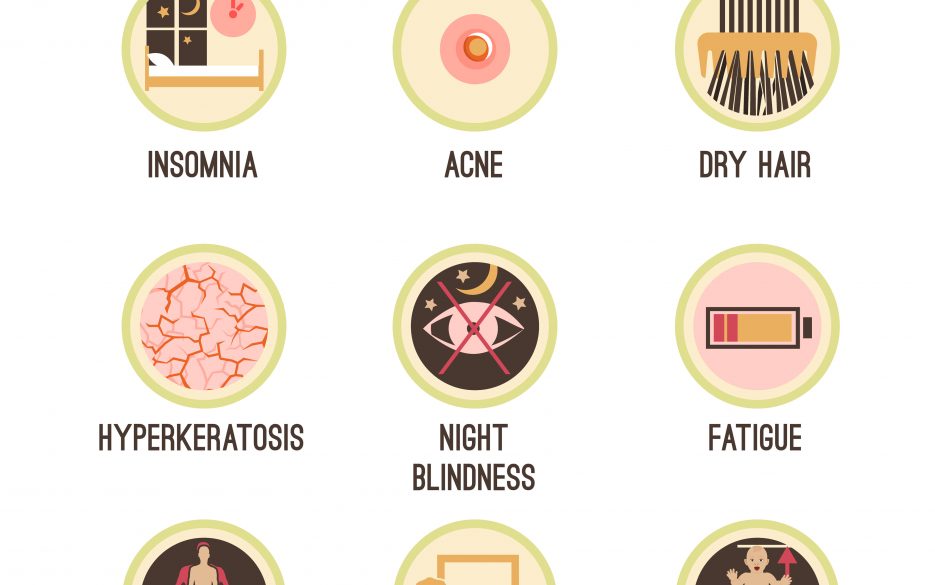What Is Vitamin Deficiency?
As human nutrition has changed, new knowledge has emerged regarding the composition of food consumed; special attention has always been paid to vitamins. For normal functioning, our body needs vitamins, most of which come from food. Due to the insufficient intake of certain vitamins, people may develop vitamin deficiencies. The way avitaminosis manifests itself will depend on what kind of nutrients the body lacks. In summer and autumn, our menu is usually rich in fresh vegetables, fruits, and berries. So, nutritional deficiency usually affects people in winter and spring, when they consume smaller amounts of food rich in vitamins.
There are widespread symptoms of avitaminosis like debilitation, fatigue, loss of appetite, and impaired vision. As a result of vitamin deficiency, vision becomes less acute and sometimes worsens significantly. A chronic lack of vitamins leads to premature aging of tissues, which manifests itself not only through appearance but also the development of such “age-related” diseases as presbyopia or hyperopia, macular degeneration, and glaucoma.
A severe form of nutritional deficiency means a complete lack of vitamins in the body; therefore, it is quite rare. People living in the Far North are most often exposed to a complete lack of vitamins. The mild form is observed more often, related to an insufficiency of one or more vitamins.
The development of avitaminosis can be caused by the following factors:
- unbalanced diet
- low-quality food
- unfavorable environmental conditions
- high physical and mental stress
- bad habits
- drug misuse
Could Vitamin Deficiency Affect Your Eyes?
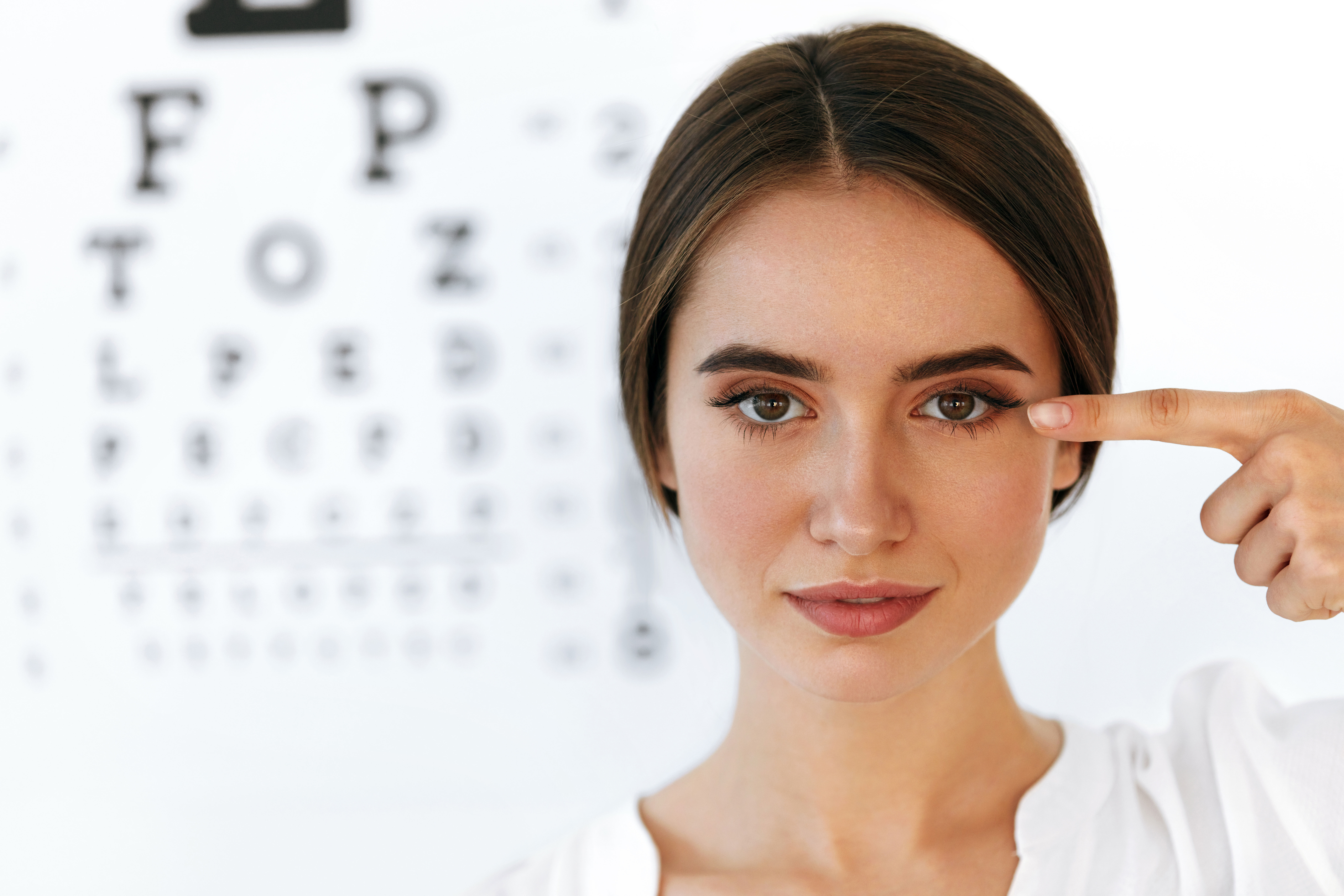
If you didn’t know, good vision can be maintained until old age and poor eyesight caused by vitamin deficiency can be avoided. Much depends on the people themselves. Good nutrition and strong eyes go hand in hand. Making sure you are eating enough essential vitamins is of particular importance to your health. Vitamins help the proper functioning of all organs and body systems. Therefore, people who care about their well-being and want to avoid vitamin deficiency vision problems need to understand the importance of using high-quality and natural products.
Most vitamins are not synthesized in the human body. The daily need for them is small, but with an insufficient intake of vitamins, specific and dangerous pathological changes occur in the eyes. Vitamins and minerals have a positive effect on eyesight. But due to an unbalanced diet, the body may lack a certain nutrient, which can lead to vitamin deficiency for the eyes.
Taking vitamins is worth it if you are interested in how to normalize eye functioning and avoid ophthalmological diseases.
When it comes to vital functions like our vision, a person needs to think about how vitamins affect them. Many antioxidants that our everyday meals contain can protect our eyesight. By providing enough vitamins A, B, C, D, and E in your diet, you will not be afraid of eye problems caused by vitamin deficiency.
Can vitamin A deficiency affect eyesight?

Vitamin A, which is found in foods of animal and plant origin, is especially important for vision. It is very useful to consume something from the following set of products every day: carrots, fish oil, tomatoes, butter, green onions, apricots, and nuts. Its daily allowance for an adult is 1.5 mg.
Retinol (another name for vitamin A) helps night vision by forming a pigment called rhodopsin, which can trap minimal light. It is also required to moisturize the eyes, keeping them from drying out. Thus, a lack of retinol leads to deterioration of vision at dusk, conjunctivitis, and dryness of the cornea.
Can vitamin B deficiency affect eyesight?
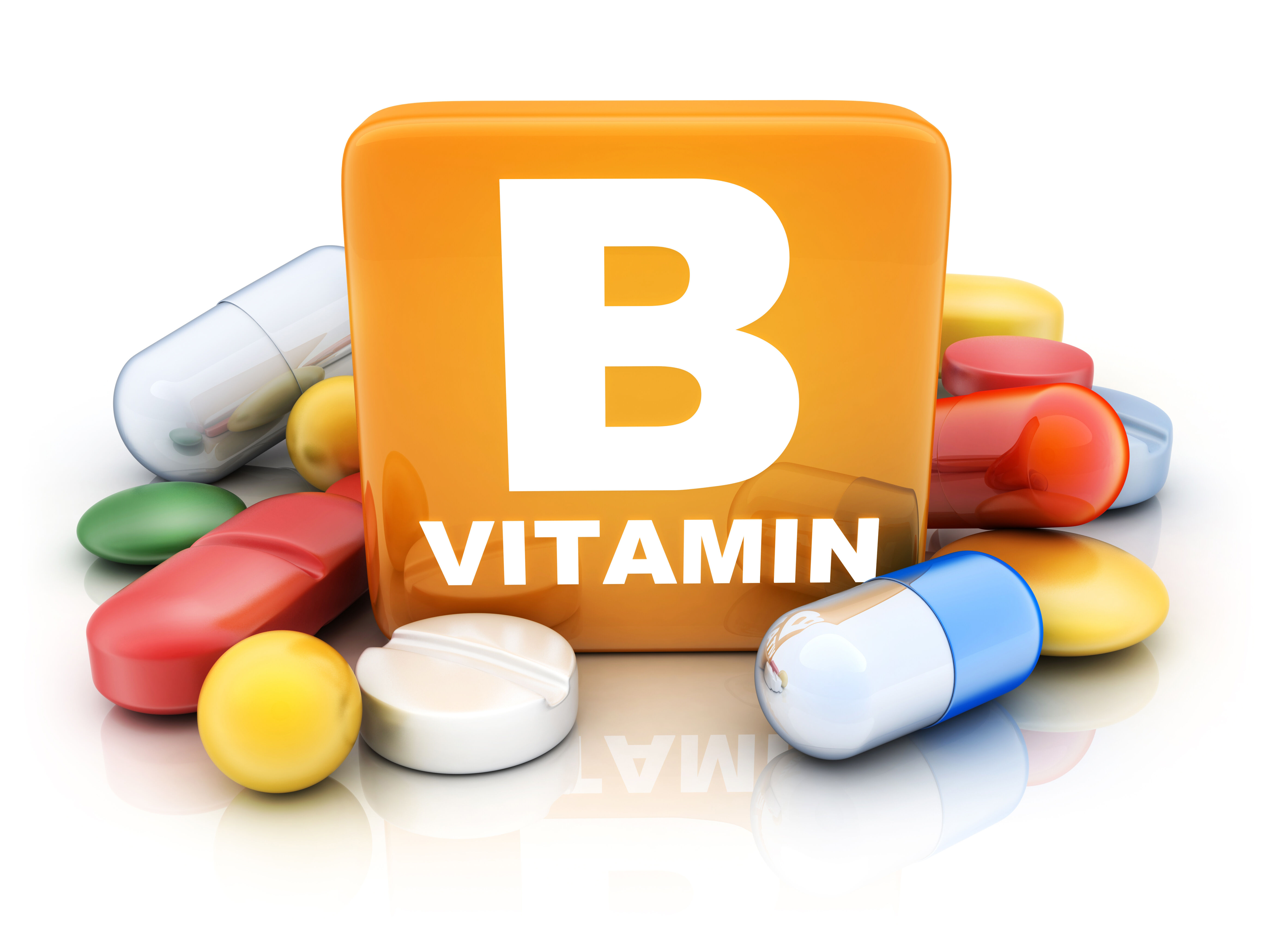
B vitamins (B1, B2, B3, B6, and B12) are responsible for the uninterrupted transmission of nerve impulses between the visual system and the brain. They reduce the negative effect of certain amino acids on the blood vessels of the eyes, improve blood circulation, and have the same impact on the human body as antioxidants. This mitigates the risk of developing cataracts and glaucoma. An important source of these vitamins is sunflower seeds, soybeans, peas, eggs, and green vegetables, including spinach.
Can vitamin C deficiency affect eyesight?
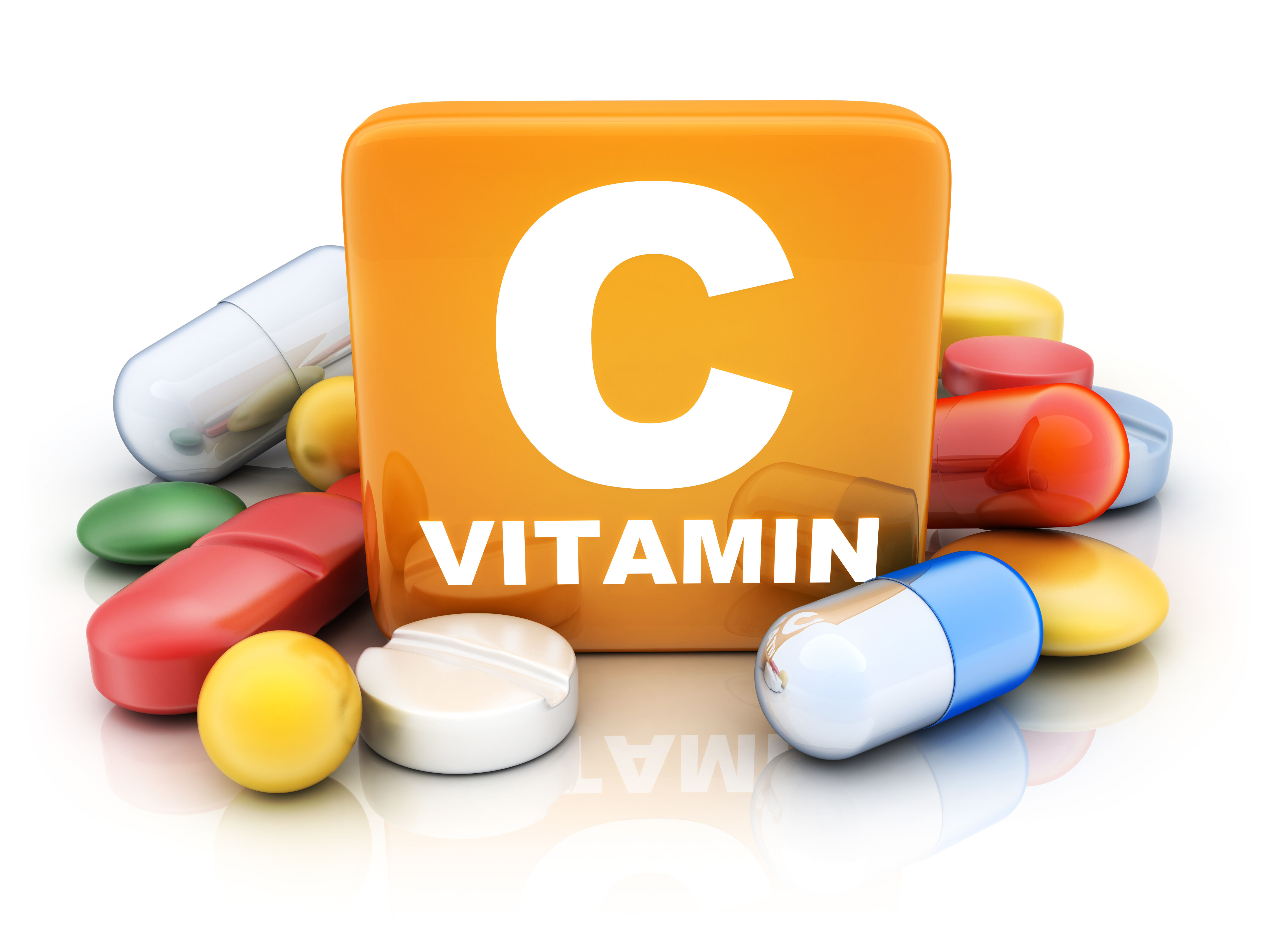
Ascorbic acid, or vitamin C, performs many functions, and it is especially effective in combating poor eyesight associated with vitamin deficiency. It is recommended to consume ascorbic acid to reduce pressure in glaucoma, slow down the process of vision deterioration, and reduce the risk of cataract formation. This nutrient promotes the growth and regeneration of cells, tissues, and blood vessels.
Scientists have found that people suffering from cataracts have a level of vitamin C below normal. Therefore, if you do not want to get vitamin deficiency eye problems, do not forget about this component of your diet. The norm for an adult man is up to 90 mg, and for a woman – up to 75 mg.
Can vitamin D deficiency affect eyesight?
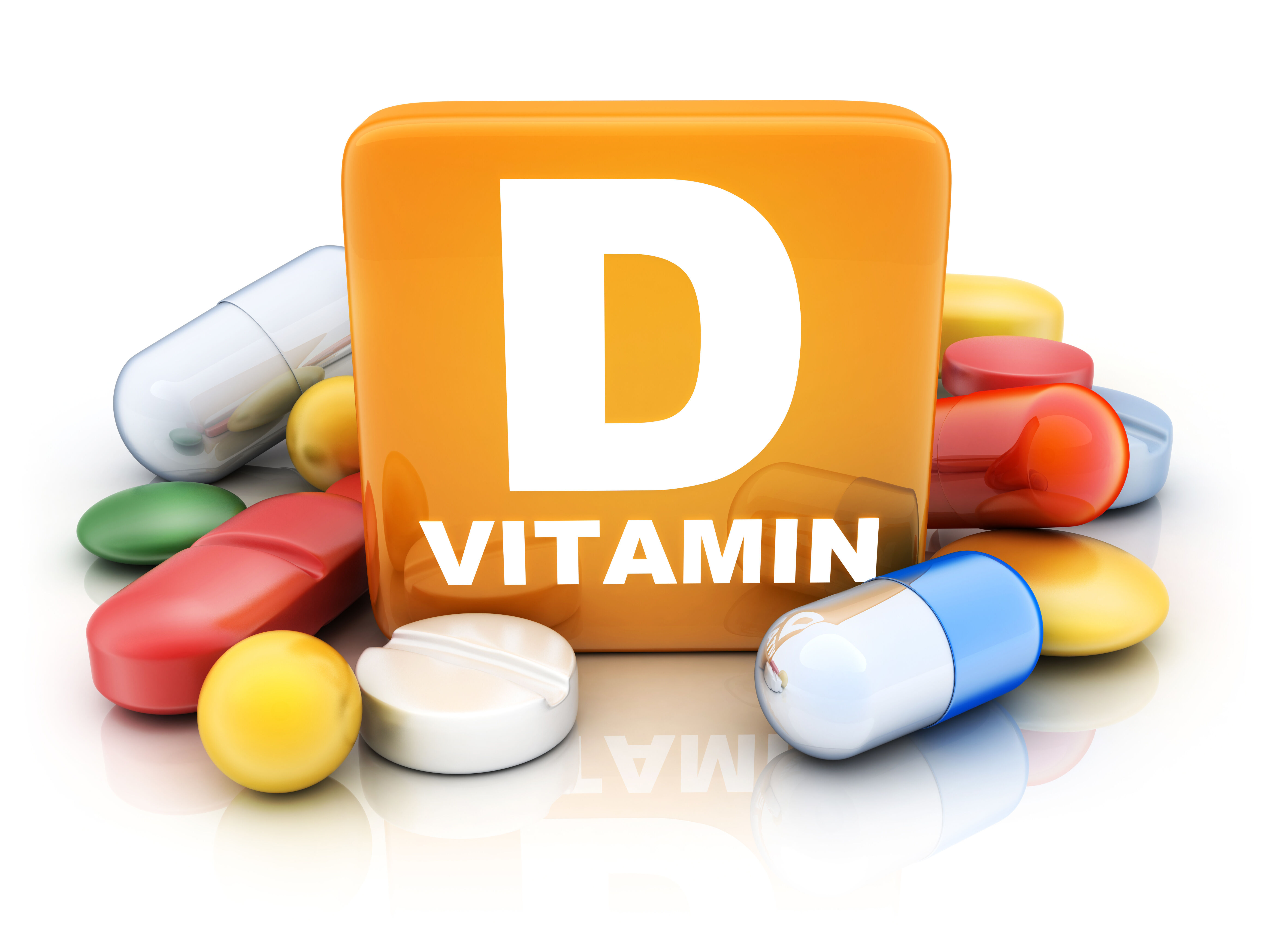
In medicine, there are many ways to overcome the adverse consequences of vitamin deficiency for the eyes. One of them is adequate intake of vitamin D. It has a direct effect on vision and is essential for maintaining overall good health. If the level of this vitamin is insufficient, the risk of developing age-related macular degeneration increases. In this disease, the nerve cells of the central, most important parts of the retina die. Natural sources of vitamin D are oils, yolk, liver, oily fish, and oysters.
Can vitamin E deficiency affect eyesight?
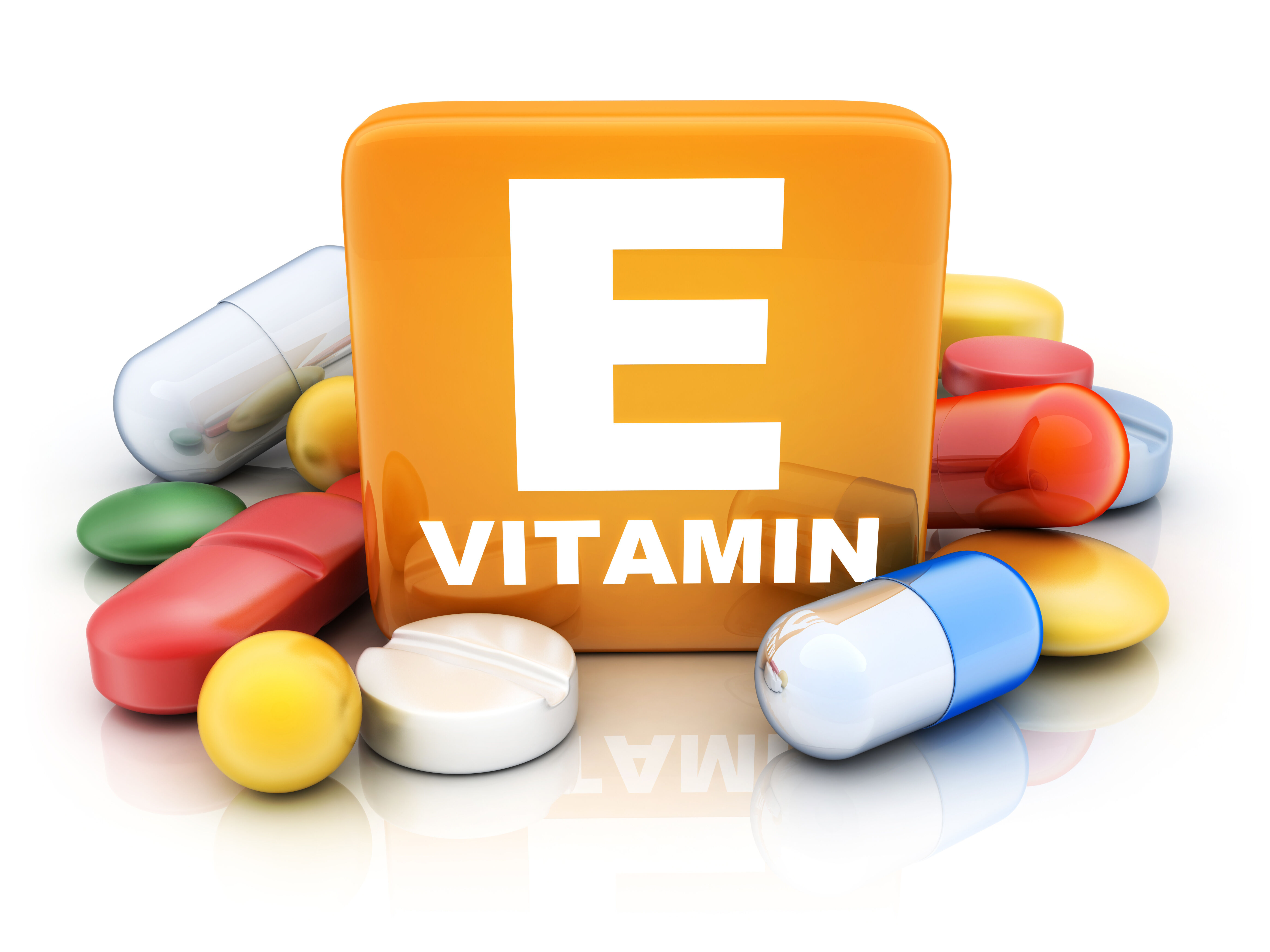
Vitamin E, or tocopherol, is a natural antioxidant that prevents the development of cataracts. It is recommended for people suffering from diabetic retinopathy. This vitamin can protect the eyes from such a destructive process as oxidative stress. It increases the elasticity of the eye capillaries and improves their permeability. Tocopherol is found in carrots, sea buckthorn, spinach, broccoli, eggs, vegetable, and butter. The daily requirement of the body is about 8-10 mg.
How does low zinc affect the eyes?
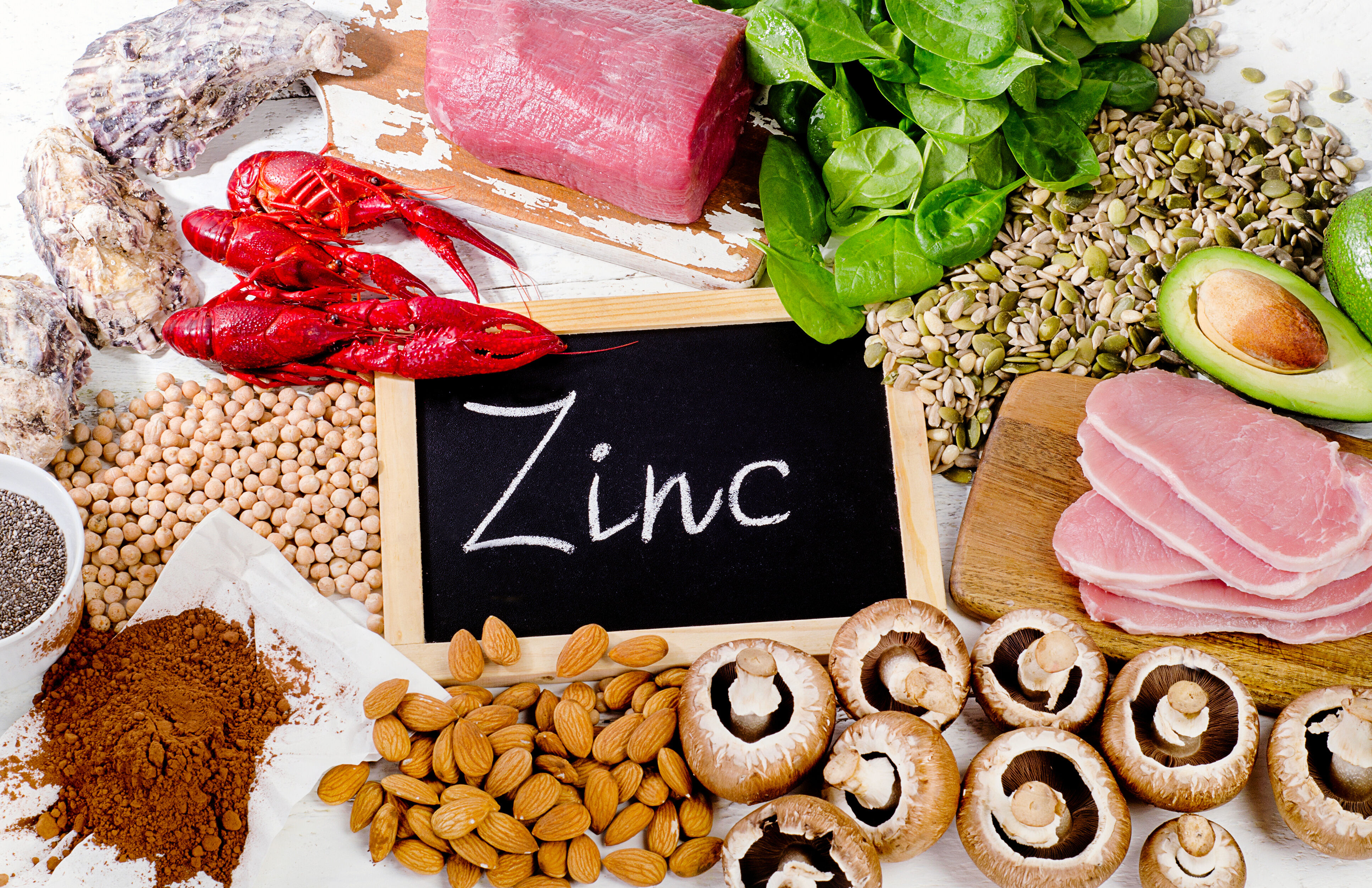
Trace elements are beneficial for eye health, and zinc plays a special role in preserving twilight vision (vision in black and white, without color shades). It activates visual functions when there is a lack of light. Even though the body contains only 1.5-2 g of zinc on average, it is involved in almost all vital processes. As part of hormones, enzymes, and vitamins, zinc is used by all of our cells.
Essential fatty acids

Omega-3 fatty acids are essential fats for the maintenance of vision and overall health. Our body is not able to produce them on its own, and no other substances can take over their functions. Therefore, they are classified as irreplaceable. Essential fatty acids are important for the normal growth and development of people of all ages. Pregnant women need them badly, particularly, Omega-3 and DHA. If a future mother consumes the right amount of omega-3 fatty acid, she ensures conditions for the healthy development of the baby’s eyes and brain.
Who Is At Risk for Vitamin Deficiency?

Nutritionists have long determined who is more susceptible to vitamin deficiency. According to them, the prime victims are children and adolescents during intensive growth, pregnant and lactating women, and people with acute infectious diseases and pathologies of the gastrointestinal tract and cardiovascular system. Some vegetarians and people who are actively involved in sports are also at risk of vision problems in vitamin deficiency. This problem may be caused by a stingy and monotonous diet.
Prevention

A neglected vitamin deficiency can be fatal. Its prevention is based on a balanced diet; this is one of the most important guarantees of the “vitamin” well-being of the body.
Try to eat fewer baked goods and choose wholesome seasonal foods high in fiber, minerals, and vitamins. Do not neglect the fish menu and consume as many greens, fruits, and vegetables as possible. Eat green onions and peas, bell peppers, and citrus fruits regularly. Butter, eggs, cod liver, and oily fish included in your daily ration, as well as controlled sun exposure each day, will ensure you get an optimal amount of vitamin D.
Is It Possible to Compensate for Missing Vitamins with Supplements?

If you eat exclusively plant foods, then you need nutritional supplements with substances missing in your menu. There are many ways to restore energy in your body during vitamin deficiency, from taking multivitamin supplements to meditation and sports. However, instead of looking for a magic tablet, you’d better add food that is rich in vitamins and minerals to your diet.
The Importance of a Healthy Lifestyle
Living a healthy lifestyle is critical for everyone, as it ensures well-being and longevity. It is not only about special food or exercises. A healthy life is a whole range of measures aimed at improving health and preventing pathological processes in the body. Compliance with the rules of a healthy lifestyle can significantly increase life expectancy and improve its quality.
By sticking to a healthy way of living, you contribute to a lot of positive changes. The recurrence rate of chronic diseases and colds decreases; endurance in sports activities increases, and the skin becomes more elastic and clear. Also, studies show that such a lifestyle can reduce the likelihood of developing several age-related diseases of the eyes and other organs.
